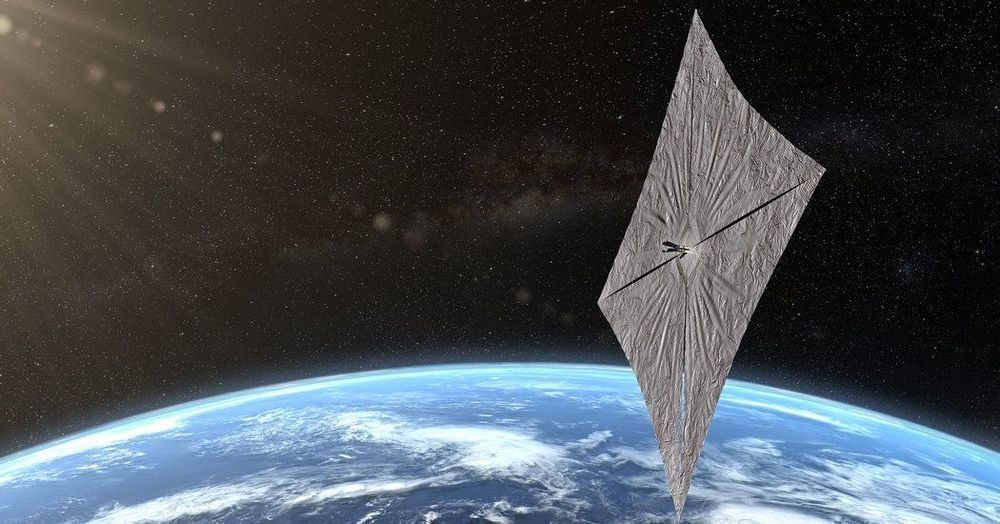Maybe you’ve gotten a bit blasé about rocket landings. SpaceX has pulled off more than 40 of them during orbital launches, after all, and Blue Origin has done it 10 times on test flights of its New Shepard suborbital vehicle.
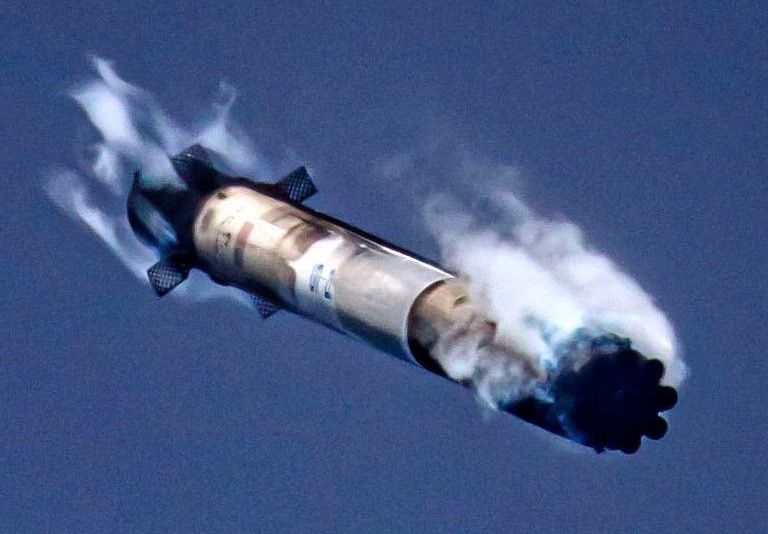

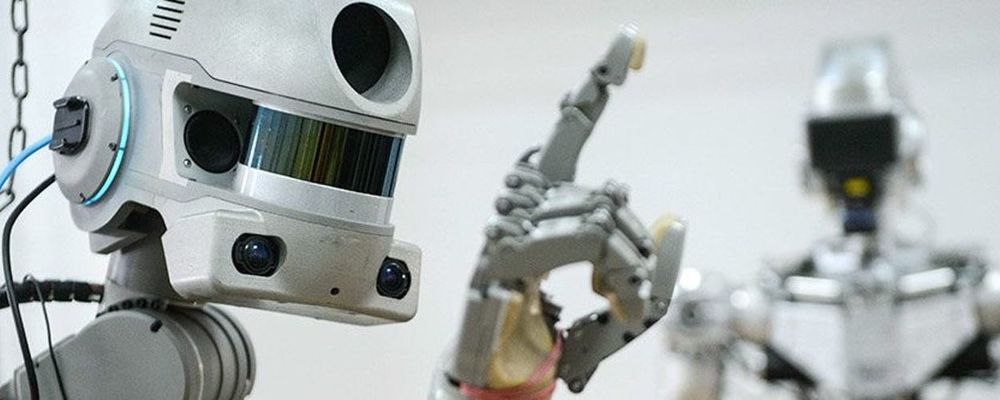
Right now, the robot is busy with the pre-launch preparations. August 22, F-850 will be launched to the ISS aboard the Soyuz MS-14 unmanned spacecraft. However, the humanoid robot won’t be staying on board long, after a ten-day mission F-850 is set to leave the station and return to Earth.
Related News
Space.
The X3 is made possible thanks to a collaboration among NASA, Aerojet Rocketdyne, the Caltech Jet Propulsion Laboratory, and the University of Michigan.
It’s a new type of propulsion engine that smashed records during test firings. This engine and other electric propulsion systems will help us reach distant planets faster than ever before.
How NASA’s Rover Team Reimagined Mars 2020 https://www.youtube.com/watch?v=O9YBPRF3o5w&
Subscribe! https://www.youtube.com/user/DNewsChannel
Thruster for Mars mission breaks records.
An advanced space engine in the running to propel humans to Mars has broken the records for operating current, power and thrust for a device of its kind, known as a Hall thruster.
Plasmadynamics & Electric Propulsion Laboratory.
The PEPL mission: Make electric propulsion (EP) devices more efficient and of better performance Understand spacecraft integration issues that could impede the widespread use of these devices on scientific, commercial, and military spacecraft Identify non-propulsion applications of EP systems.
NASA Plans to Build a Moon-Orbiting Space Station: Here’s What You Should Know
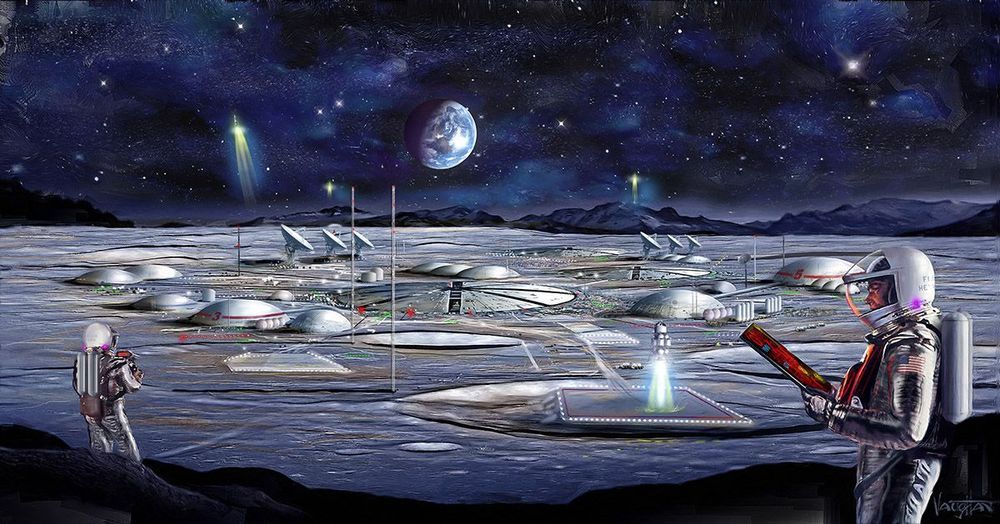
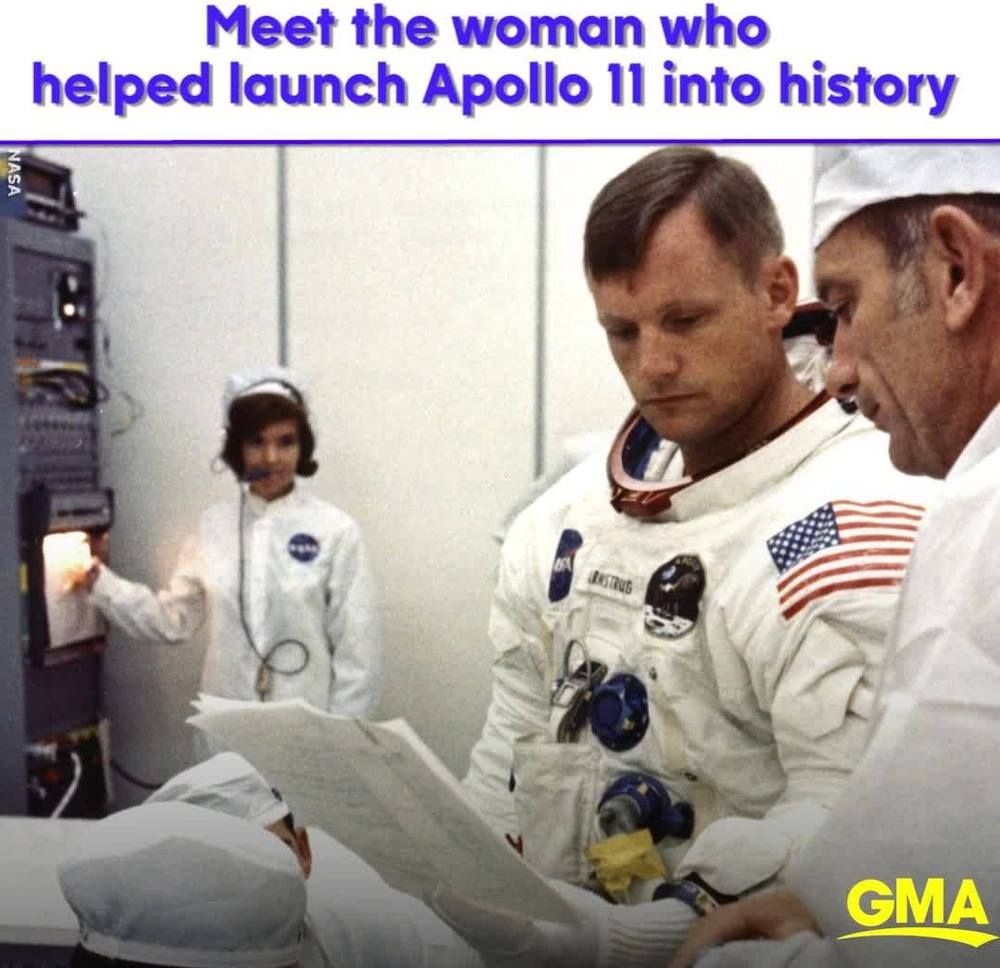
Click on photo to start video.
Thanks to Judy Sullivan, the first female engineer in NASA’s Spacecraft Operations, Apollo 11 was also a big leap for womankind. https://gma.abc/2Z4gmew
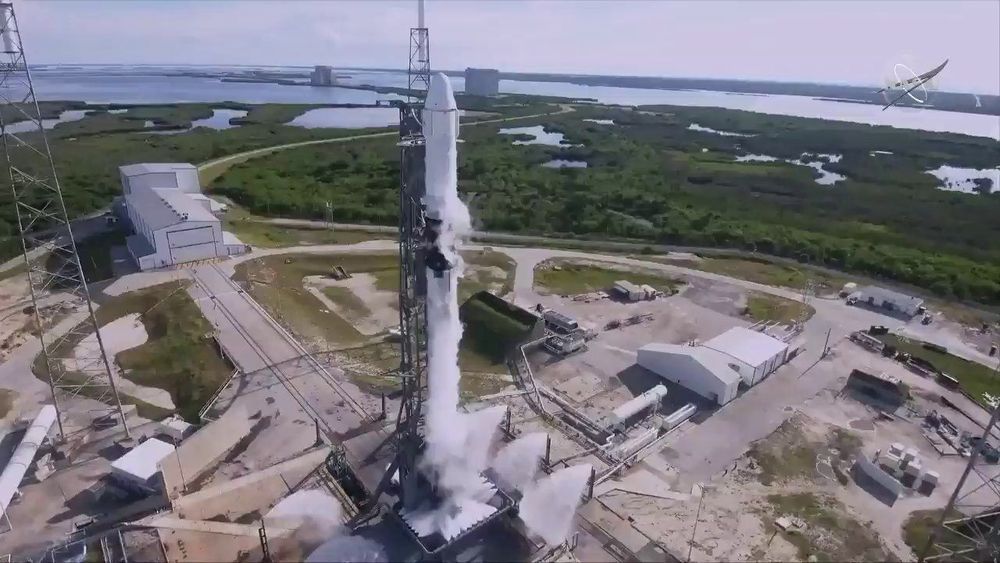
Click on photo to start video.
Dragon’s solar arrays have deployed and the spacecraft is safely in orbit following a launch on the SpaceX Falcon 9 rocket at 6:01 p.m. EDT from Cape Canaveral Air Force Station in Florida, carrying more than 5,000 pounds of research, hardware and supplies to the International Space Station. Dragon is scheduled to arrive at the orbiting laboratory Saturday, July 27. Details: https://go.nasa.gov/2GwcjjF
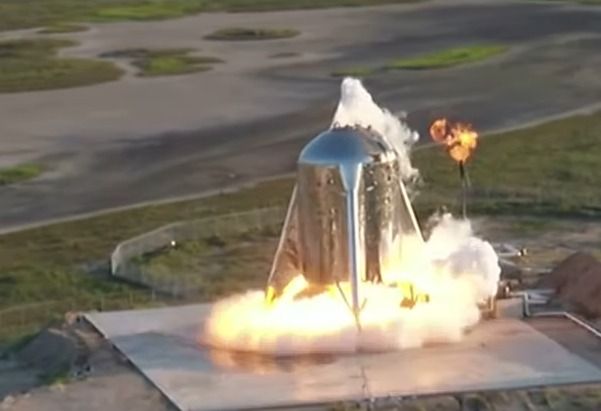
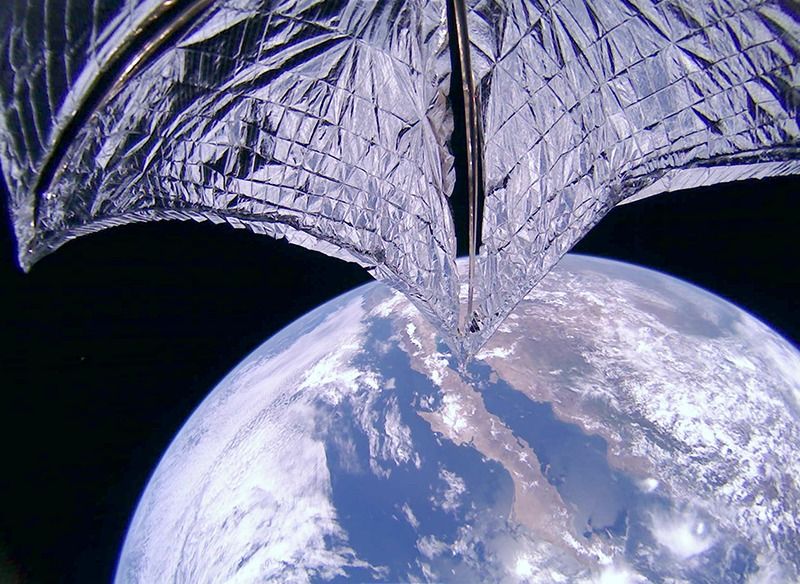
See some of the top images and discoveries that will form Cassini’s legacy: https://go.nasa.gov/2oec6H2
